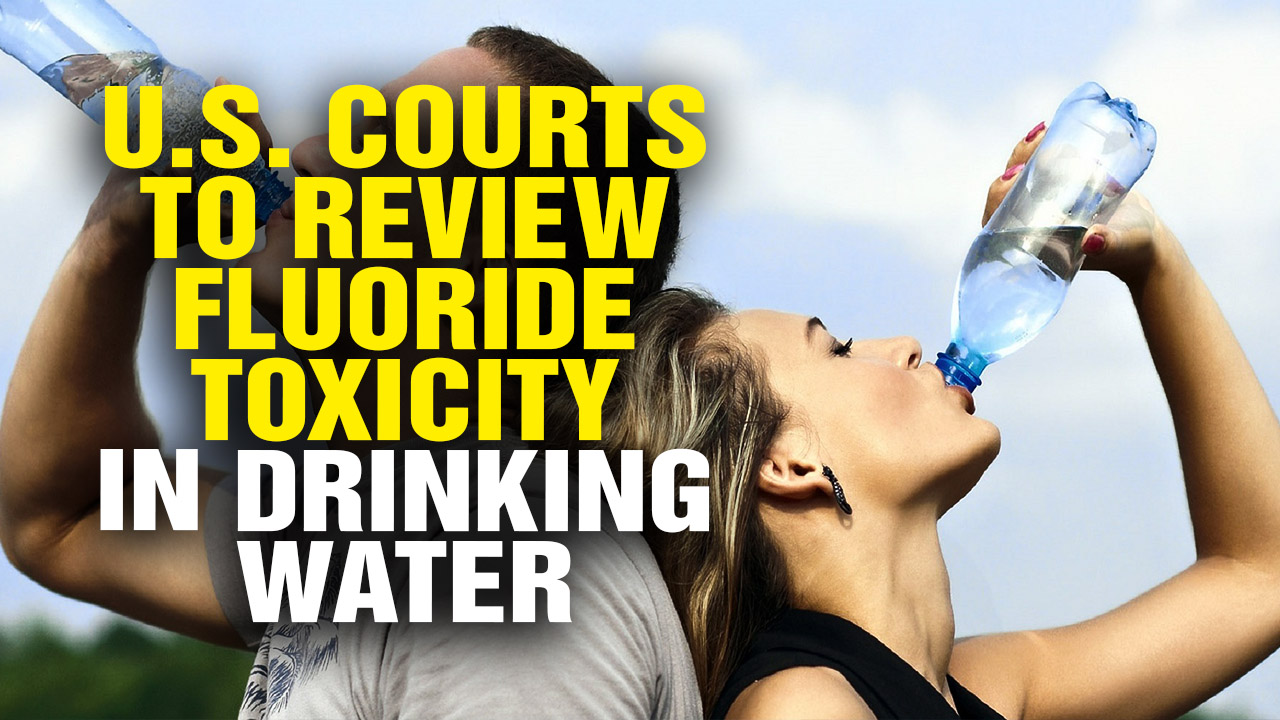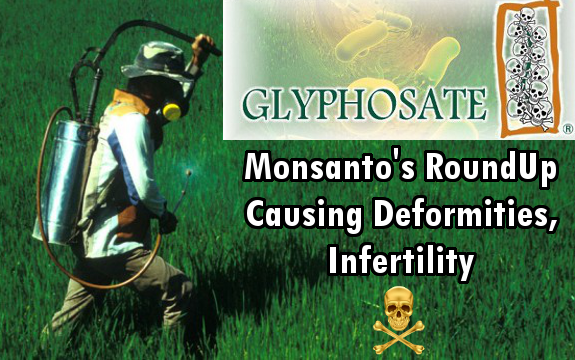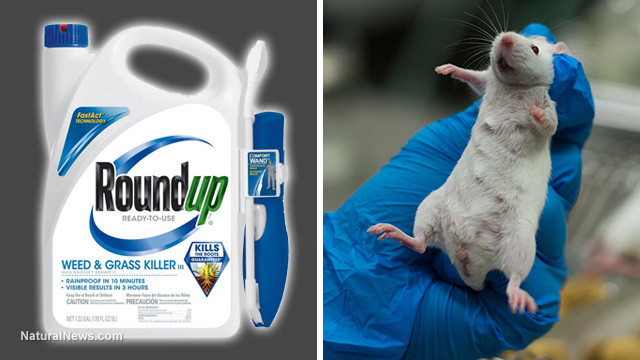Why do manufacturers and retailers of water-proof clothing keep using fluorochemicals even though they have access to eco-friendly solutions?
04/16/2019 / By Vicki Batts

Is your favorite outdoor gear contaminating the environment and destroying your health? A shocking new report finds that an overwhelming majority of waterproof clothing manufacturers (and retailers) continue to rely on toxic fluorochemicals to achieve water resistance — even though eco-friendly alternatives are readily available.
Researchers from the University of Leeds say that most waterproof products are “over-engineered” for the average consumer, and that fluorochemicals are not actually necessary for waterproofing. Highly fluorinated chemicals are extremely hazardous to the ecosystem and to human health.
Research shows fluorochemicals can cause immune system and reproductive system abnormalities, as well as cancer — and these are pollutants prone to staying in the environment for a very long time. Exposure is already problematic for many species, and activist groups are already calling for these chemicals to be phased out entirely.
Researchers say fluorochemicals need to go
Textile researchers from the University of Leeds say that it is time for clothing manufacturers to phase out toxic fluorochemicals, such as per- and polyfluorinated chemicals (also known as PFCs).
Dr. Richard Blackburn, who heads the Sustainable Materials Research Group at the University of Leeds’ School of Design, commented on the research and stated,”Environmentally-friendly and biodegradable solutions are available, but are being resisted by some manufacturers and retailers.”
Blackburn says that the reasons for this resistance are somewhat unknown, but contends that a lack of technical research showing the effectiveness of eco-friendly alternatives may be to blame.
Research shows that current environmentally safe alternatives can repel water but do not offer much in the way of stain resistance. The Leeds team says that for the average consumer, the water resistance of eco-safe options should meet their needs.
A survey of 300 shoppers found that most people want gear that is water resistant, but not stain resistant.
“Non-fluorinated alternatives are a viable option in all cases where stain repellency is not an essential function. These alternatives provide excellent rain protection, and there are long-term ecological benefits from phasing out the highly fluorinated chemicals,” Dr. Blackburn explained.
However, there are times when PFCs are the only effective option. As a press release from Science Daily reports, only PFC-treated clothing was effective at protecting the wearer against infection spread by bodily fluids — something that’s essential for medical professionals. For military, fire-fighting or oil industry professionals, PFC water repellents remain the best option as well.
But for everyday use, the researchers say, environmentally friendly alternatives are more than sufficient.
PFCs are toxic
The textile and clothing industry is a major contributor to environmental pollution, and as it stands, uses some 25 percent of all chemicals used worldwide. Waterproofing chemicals are especially concerning because they make their way into the environment during production, throughout the life of the product, and finally, when its thrown out.
In 2016, Greenpeace issued a report on PFCs and also found that an overwhelming majority of waterproof gear uses PFCs. Of 30 samples tested, only four were PFC-free. The report noted further that PFCs were prominent in many of the top clothing makers in outdoor gear.
“Once released into the environment, most PFCs break down very slowly. They can remain in the environment for many years after their release and are dispersed over the entire globe,” the Greenpeace report stated. These chemicals have been found at every corner of the globe, from polar bear livers to human blood — PFCs are probably one of the most prolific environmental contaminants.
At the time, Greenpeace stated that phasing out PFCs by 2020 was not good enough. Here we are in 2019, and researchers are still chastising the clothing industry for irresponsible practices. While it is understandable that companies do not want to produce “inferior” products, consumers need to at least have the option to buy something PFC-free.
As it stands, those options don’t seem to be readily available, and the choice to go eco-friendly seems to rest on the shoulders of consumers for now.
See more stories about environmental toxins at Toxins.news.
Sources for this article include:
Tagged Under: buyer beware, chemicals, clothing, environ, environment, environmental contaminants, environmental health, fluorochemicals, Gear, PFCs, sustainable manufacturing, toxic chemicals, toxins, waterproof clothing



















